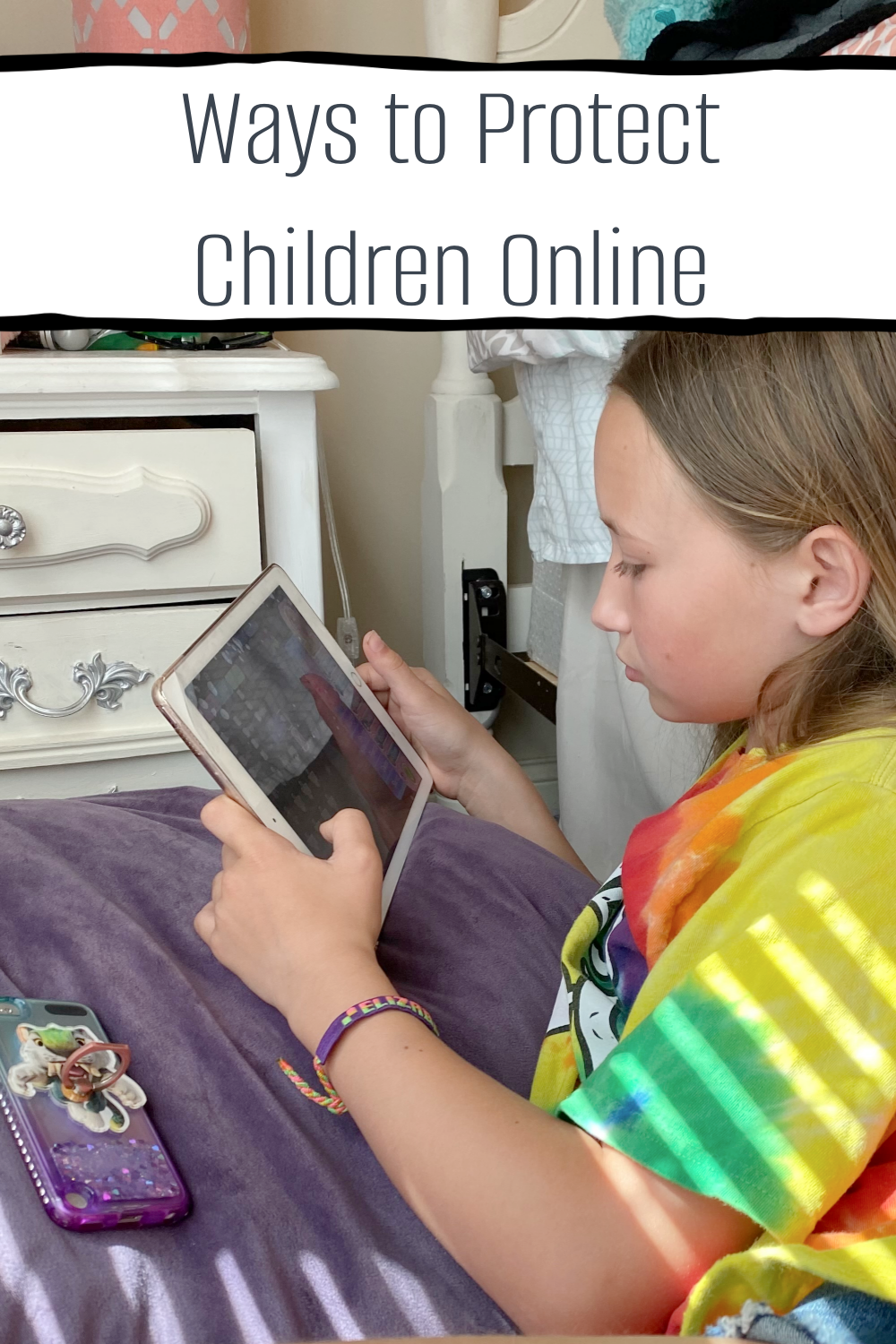As parents and caregivers, we play a crucial role in shaping our children's understanding of the
world around them. One of the most challenging topics to address is alcohol consumption. It's a
subject that requires sensitivity, honesty, and age-appropriate information. This guide will help
you navigate these important conversations with your children, ensuring they develop a healthy
and informed perspective on alcohol.
Addiction is like an invisible shackle binding its victims to a life of dependency on an unhealthy substance or object or a destructive habit. Addiction often co-occurs with mental health problems such as anxiety, depression, or bipolar disorder, which gives rise to the condition called a co-occurring disorder. The risk-taking and poor decisions associated with craving or pursuing another dose or session of the addictive substance, object, situation, or activity can often have detrimental results on the health of the patient. Co-occurring addiction problems and mental health issues are often not identified properly, and this results in wasted efforts in treating addiction. For families dealing with the addiction of a member or a loved one, it is essential to examine the vital link between addiction recovery and overall wellness to help them decide which treatment works best to address their addiction problems.
Rehabilitation facilities address different needs for recovery or support. For instance, some may need a new environment that can help them avoid addiction relapse, while others may need a professional support system to improve their mental health. Besides these, entering a rehabilitation facility is also a crucial step for individuals seeking recovery from physical injuries. This decision can significantly influence the success of the recovery process.
The decision to seek help from one of these rehab centers los angeles (or a similar center elsewhere) is significant and often comes at a crucial point in an individual's life. To assist in making an informed choice, here is an essential checklist for selecting a rehab facility.
Throughout our lives our relationship with our parents can take all manner of twists and
turns. Life has its challenges and seeing one of your parents struggling with addiction is
certainly one of those.
It’s something that is occurring more frequently, particularly when it comes to alcohol, with
hospital admissions as a result of alcohol rising among the over 65s and over 50% of that
age group drinking. With retirement can often come isolation and turning to drink is
becoming an all too frequent coping mechanism. Of course, there’s trauma such as grief and
other health-related stresses that can arise too, and alcohol is becoming the antidote. Except
it isn’t one.
Watching your parent struggling with alcohol can be heartbreaking, so if you are
encountering this it’s important to try and get them to seek help. That in itself can be a
challenge, but there are ways to handle it delicately and increase the chance of them
seeking the help they need.
People believe that addiction is limited to drugs and alcohol, but a person can become addicted
to just about anything. Addiction is more complicated than people give it credit for, leading to
some people slipping under the radar and never getting the help that they receive. Here are
nine of the most common types of addiction.
Three Categories Of Addiction
When doing some research into addiction treatment in Los Angeles, it’s important to note that
there are 3 categories of addiction:
● Substance addiction: a physical dependence on a specific chemical is developed. This
can be illicit drugs, prescription medication, or alcohol.
● Behavioral addiction: a person can become addicted to specific behaviors, such as
video gaming, gambling, and sex.
● Impulse addiction: a person is incapable of managing their emotions, and engages in
activities such as theft, destructive behavior, and emotional outbursts.
When your career is on the line, there are a lot of challenging things that get in the way of
positive results. One of those things is alcohol, and how big of an effect it has on your behavior.
Before things get out of hand, here are some key ways to curb your alcohol use.
Intensive outpatient programs (IOPs) really picked up a lot of momentum in the 1980s when the
cocaine epidemic was at an all-time high. Many working-class Whites were addicted to cocaine
and wanted to get help without completely interrupting their lives and their income. In the 1990s
managed care came about and helped to grow the reach of IOPs, allowing it to be offered to
people experiencing things other than substance abuse. These programs are now offered to
individuals who are at risk of hospitalization and when a typical outpatient treatment program
isn’t enough. An IOP is ranked just below inpatient acute care and residential care.
Alcohol addiction is said to be a prevalent disease affecting countless souls globally. However, the shame and stigma surrounding it often prevent individuals from seeking the help they desperately need. This post explores the initial steps someone with an alcohol use disorder can take to begin their recovery journey.
Read on to learn more.
Embarking on the journey of detoxification can be a challenging and transformative experience
for anyone seeking to overcome substance dependence. For individuals undergoing detox,
having a strong support system is crucial. However, supporting a friend through detox requires
sensitivity, understanding, and a mindful approach. This article explores the dos and don'ts of
supporting a friend through detox to ensure your assistance is valuable and beneficial during
this critical time. If your friend is considering detox, encouraging them to seek professional help
from any facility such as the Austin drug rehab facility can be a crucial first step.
Even though we know that any topic related to addiction may be perceived as taboo, and something that isn't frequently discussed, however, if you ask us, every single person should be familiar with it.
That’s mainly because addiction can literally strike anyone, especially younger people, and it’s of huge importance to recognize these signs on time, otherwise, it may spiral out of control and you may lose this person.
Therefore, today we decided to talk more about this very common issue that impacts a person’s behavior in a very negative way. If you would like to provide yourself with some helpful info, then stay tuned to learn every there is to know!
When you make the decision to get sober on your own, it is a choice that comes with a lot of
responsibility. Detoxing at home without supervision is a risk project that could make your
addiction worse. Even if you are in the right state of mind, it takes more than determination
to get over drugs.
RX is also called prescription drug addiction, which is growing today. This increase in prescription drug addiction, including the misuse of medications such as opioids, among teenagers is a concerning issue. Prescription drug addiction, particularly opioids like oxycodone, hydrocodone, and codeine, has become a significant problem in many countries, including the United States. In addition, teens may misuse prescription medications for various reasons, such as seeking a euphoric high, self-medication for emotional or physical pain, or simply experimenting with drugs.
Factors that contribute to the rise of prescription drug addiction in teenagers
There are factors contribute to the rise of prescription drug addiction in teenagers.
Do you have a loved one struggling with addiction? What do you do to support them? You want to be there for them without being overbearing or pushing them away.
Supporting a loved one can be overwhelming, especially if it's someone you care about deeply.
So, what can you do to help a loved one on their road to recovery?
This article will share tips for showing your addicted loved one support. These tips will help you provide the support and encouragement your loved one needs to overcome their addiction.
Addiction is often difficult to process the waves of emotions that come with watching someone go through the ups and downs of their journey - fear for safety, confusion about what is happening, guilt for not being able to do more, or wishing you could have helped them sooner. As we traverse this blog post, let us discover how to best support our beloved as they face their addiction and learn valuable advice for navigating the tough times ahead. Whether it's talking out solutions together or finding resources in your area – we hope this blog post shines some light on some simple steps that may help change their lives for the better.




















